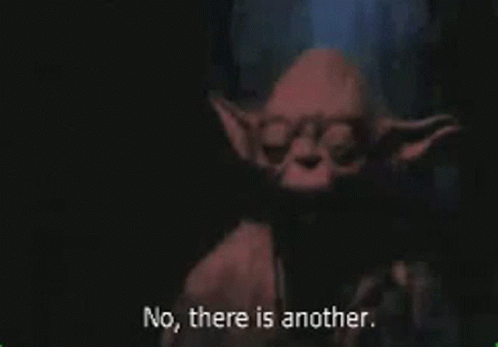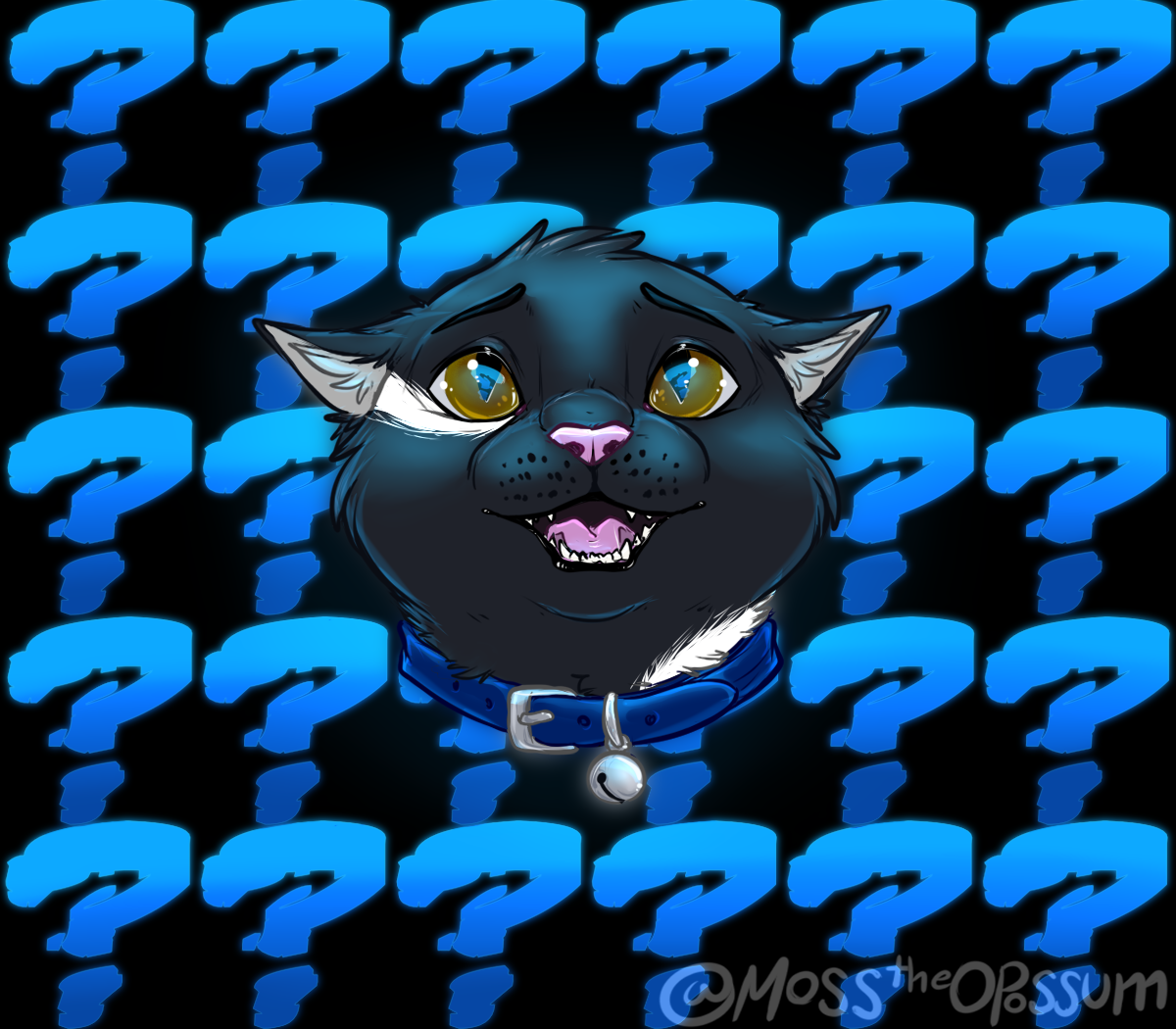Btw is there a difference between people.and persons? I hear both being used but i grew up with people.
Great question. When I hear people I think that’s used to draw attention to common relevant traits “people of England” for example. Persons is more a group of less related individuals or at least with less relevant similarities “persons of interest” for example
people = a group
persons = a group of individuals
Octos
… podes
Marco!
Veemo!
Woomy!
Octopus, octopuses, and octopodes are correct. Octopi incorrect.
In greek it would be incorrect, in english it’s not worse than the others.
When I document code I have this problem with indices vs indexes.
I mostly write ‘indexes’ these days when I’m not on autopilot, in part since not all of my coworkers have a high English proficiency and just following the normal +(e)s plural makes it easier. My brain really does not want me to write ‘matrixes’ however (and indeed, my dictionary in this browser is fine with ‘indexes’ but not ‘matrixes’). I also try not to be pedantic with verbs whose irregular forms have become less common than their “incorrect” (at least when I was taught) forms. “Shined” being one of these, but I am sure there are more.
which can lead to crises of errata
If you say ok-top-o-dees, you’d better be prepared to deliver this spiel at a moment’s notice
HA! That video was really good. Extremely quick and to the point, great linguistics content, and funny to boot!
Octopussies
I knew there was going to be someone as
childishfunny as me in here!
Roger Moore would disagree.
As long as they’re penetrating a lady I don’t care what they are called.
Ah, i see you are a man of culture as well.
Octopice.
Octopi is a hypercorrectism which doesn’t make it wrong
Neither are incorrect, that’s the point
I just wanted to namedrop the technical term. Both are fine
My favorite hypercorrection (a hyperforeignism, if you like) is “habañero,” and really stressing the “ñ” when you say it.
Except it’s just “habanero,” plain ol’ “n.” The confusion is presumably due to “jalapeño” having an accent.
If you want a hyper anglizism: I’m German and after an interview, a colleague of mine talked about the candidates’ “vibes”. My boss didn’t get it’s English and once she did, she pronounced it like “wipes”. b>p at the end of words is what German always does and v>w to make it sound English since German has the /v/ sound but not /w/. I don’t think it’s a common thing tho.
A hypercorrection based on a misunderstanding of the Latin declension for the word, at that.
Hexadecipus
When a Roman family has their 16th child.
Octopipuses?
Several of Octopus
Why is octopi correct? Based on what?
The Latin origin. Words ending on -us turn almost always into -i in plural in Latin. And that’s where it comes from (octo eight, pus/pes foot).
It’s Greek, not Latin. It should be octopodes.
This is the one.
Octopuses is correct if you’re referring to many different species of octopus. Octopi would be correct if you’re referring to a cluster of one species of octopus.
Octopi would be correct if you’re referring to a cluster of one species of octopus.
Based on what?
Because people use it, and if you say it everybody will understand without any ambiguity.
Then the meme is formatted incorrectly. Or “correctly”, if we define correct as “incorrect, but, you get it, so…”
Except, usage defines language. If it didn’t, English wouldn’t exist. Therefore, usage is correct when people understand and use it.
That’s what I said.
Then why are you saying it’s incorrectly formatted? I’m directly backing its premise.
“Octopi” is only “correct” because of common usage. Octopus does not have a Latin origin, so it doesn’t make sense to pluralize it that way. Which is to say it’s not technically correct, it’s just “correct”.
In the proper format of this meme, the wojack in the middle should be obsessed with technical correctness, while the one on the right is fine with merely “correctness” (as in, enough people use it to make it understood).
But since you can understand it, the format is merely “correct” (I’m being tongue-in-cheek to make a point)
It is octopodes. It’s Greek and it follows the Greek pluralisation convention.
Words brought into English can use English pluralisations, so you’re not wrong if you say octopuses. I think Grammar Girl had a take on this maybe 7 or even 8 years ago by now. These days, I can’t see myself getting worked up about it for the sheer fun of being pedantic like I used to.
It’s not octopuses that octopodes corrects, it’s octopi. Octopi is a Latin pluralization, and since the word is Greek and us to i isn’t specifically American, I agree with you that octopuses is fine but not that octopi is fine.
Octopussy. Thank you very much.













